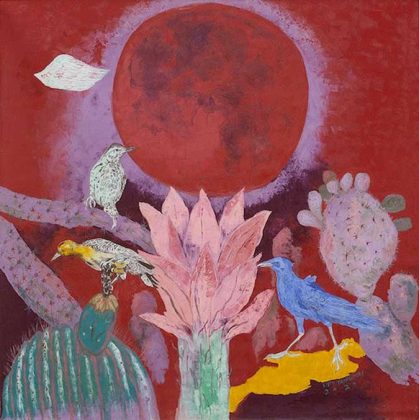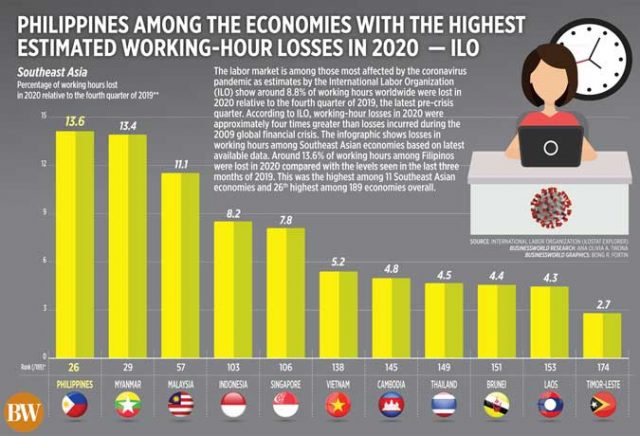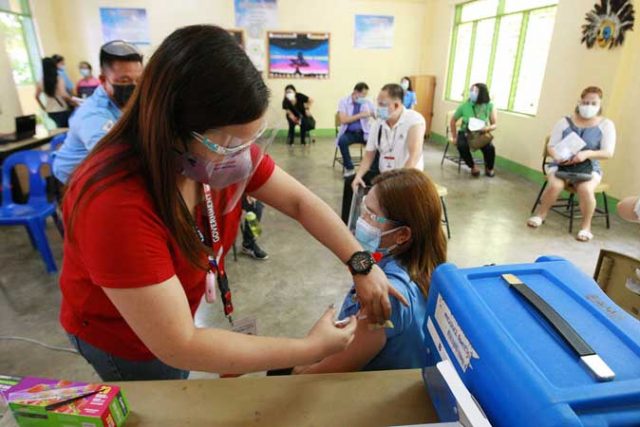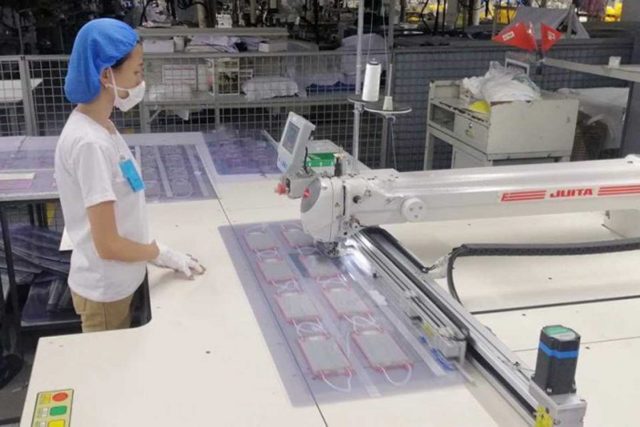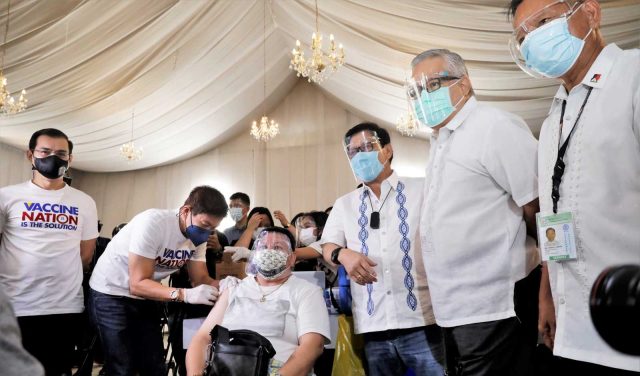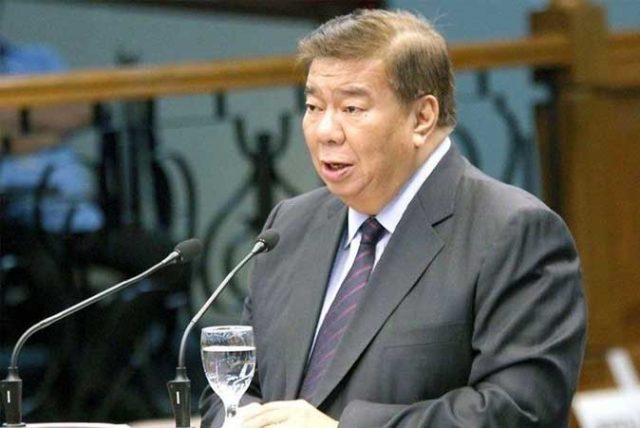THE PHILIPPINE presidential palace on Tuesday distanced itself from its top envoy’s tirade against China, saying his views on the South China Sea dispute is his own.
“This is not the policy of the Philippines,” presidential spokesman Herminio “Harry” L. Roque, Jr. told an online news briefing, citing “express orders” from President Rodrigo R. Duterte.
Foreign Affairs Secretary Teodoro M. Locsin, Jr. on Monday minced no words in telling the Chinese to get out of its waters in the South China Sea, cussing at its neighbor for failing to reciprocate its goodwill.
Mr. Duterte “does not approve the use of profanities, particularly in the field of diplomacy,” Mr. Roque said.
“The President’s message is, in the field of diplomacy, there is no place for profanities,” he said in Filipino. “The President also said that among his Cabinet, he’s the only who can cuss.”
Mr. Locsin on Tuesday apologized to his Chinese counterpart, Foreign Minister Wang Yi, after his expletive-laden tweet.
“I won’t plead the last provocation as an excuse for losing it; but if Wang Yi is following Twitter then I’m sorry for hurting his feelings but his alone,” he tweeted.
The Chinese Embassy in Manila said Scarborough Shoal is China’s territory and its adjacent waters are under its jurisdiction.
“China urges the Philippine side to earnestly respect China’s sovereignty and jurisdiction and stop taking actions that may complicate the situation,” it said in a statement posted on its website.
“Facts have proven time and time again that megaphone diplomacy can only undermine mutual trust rather than change reality. We hope that a certain individual from the Philippine side will mind basic manners and act in ways that suit his status,” it added, alluding to Mr. Locsin.
Mr. Duterte on Monday night said Manila does not need to be rude to Beijing because they can settle their dispute diplomatically.
“Just because we have a conflict with China, it doesn’t mean to say that we have to be rude and disrespectful,” he said.
“China remains to be our benefactor,” Mr. Duterte said, citing vaccine donations and investments from its neighbor.
The tough-talking leader in 2016 threatened to break up with the US and said then President Barack Obama could “go to hell” after the US government criticized his deadly war on drugs. He had also called both the former US President and his ambassador to the Philippines a “son of a whore.”
Meanwhile, Mr. Duterte said he never promised during his presidential campaign to retake the country’s territories in the South China Sea.
“I never, in my campaign as president, promised the people that I would retake the West Philippine Sea,” he said, referring to areas of the sea within the country’s exclusive economic zone. “I did not promise that I would pressure China.”
He rebuked retired Supreme Court Justice Antonio T. Carpio and former Foreign Affairs Secretary Albert del Rosario, who have spoken against his foreign policy on China, for forcing him to quarrel with his neighbor.
‘GRAND ESTAFA’
But Mr. Carpio belied the President’s claim, noting that during the campaign, he had promised to fight for Philippine sovereignty over the South China Sea.
“He declared during the presidential debate that if elected President he would ride a jet ski to Scarborough Shoal and plant the Philippine flag,” he told reporters on Tuesday.
“By not being true to his campaign promise that he would assert the country’s territories in the disputed area, Mr. Duterte committed grand estafa,” Mr. Carpio said.
Mr. Duterte “cannot now say that he never discussed or mentioned the West Philippine Sea issue when he was campaigning for President,” he said in a separate statement. “There is a term for that — grand estafa or grand larceny — making a false promise to get 12 million votes.”
Meanwhile, Senator Panfilo M. Lacson sought a review of diplomatic ties with China.
“Maybe a review of the country’s diplomatic relations is timely and called for,” he tweeted. “All the diplomatic protests that the secretary of Foreign Affairs filed have been ignored as if nothing was filed at all.”
“The continued incursions and bullying finally got his goat. The Senate must support him in this regard,” he added.
Mr. Lacson said the review of Philippine-China ties should be “innovative and creative” since diplomatic protests have failed.
The Philippines should boost alliances with the United States, Australia, Japan and European Union countries “to maintain the balance of power in the region.”
Mr. Lacson also said Senator Franklin M. Drilon had accepted his proposed changes to a resolution filed by 11 senators last week on the South China Sea issue.
The amendment included urging the Department of Foreign Affairs to review diplomatic ties with China “to send a clear message that the incursions into our exclusive economic zone in utter disregard of the United Nations Convention on the Law of the Sea and the rule of law is totally unacceptable.”
Eleven senators on April 26 filed a resolution “strongly condemning” Chinese illegal activities within Philippine waters.
Mr. Lacson said Filipinos should have a “united stand” on the South China Sea issue but it should not be connected to other issues such as vaccine donations.
Mr. Locsin cussed at China on Monday as his agency filed two more diplomatic protests against China for its “belligerent actions.”
It cited the “incessant, illegal, prolonged, and increasing presence” of Chinese fishing and militia vessels in the South China Sea. — Kyle Aristophere T. Atienza, Bianca Angelica D. Añago and Vann Marlo M. Villegas










